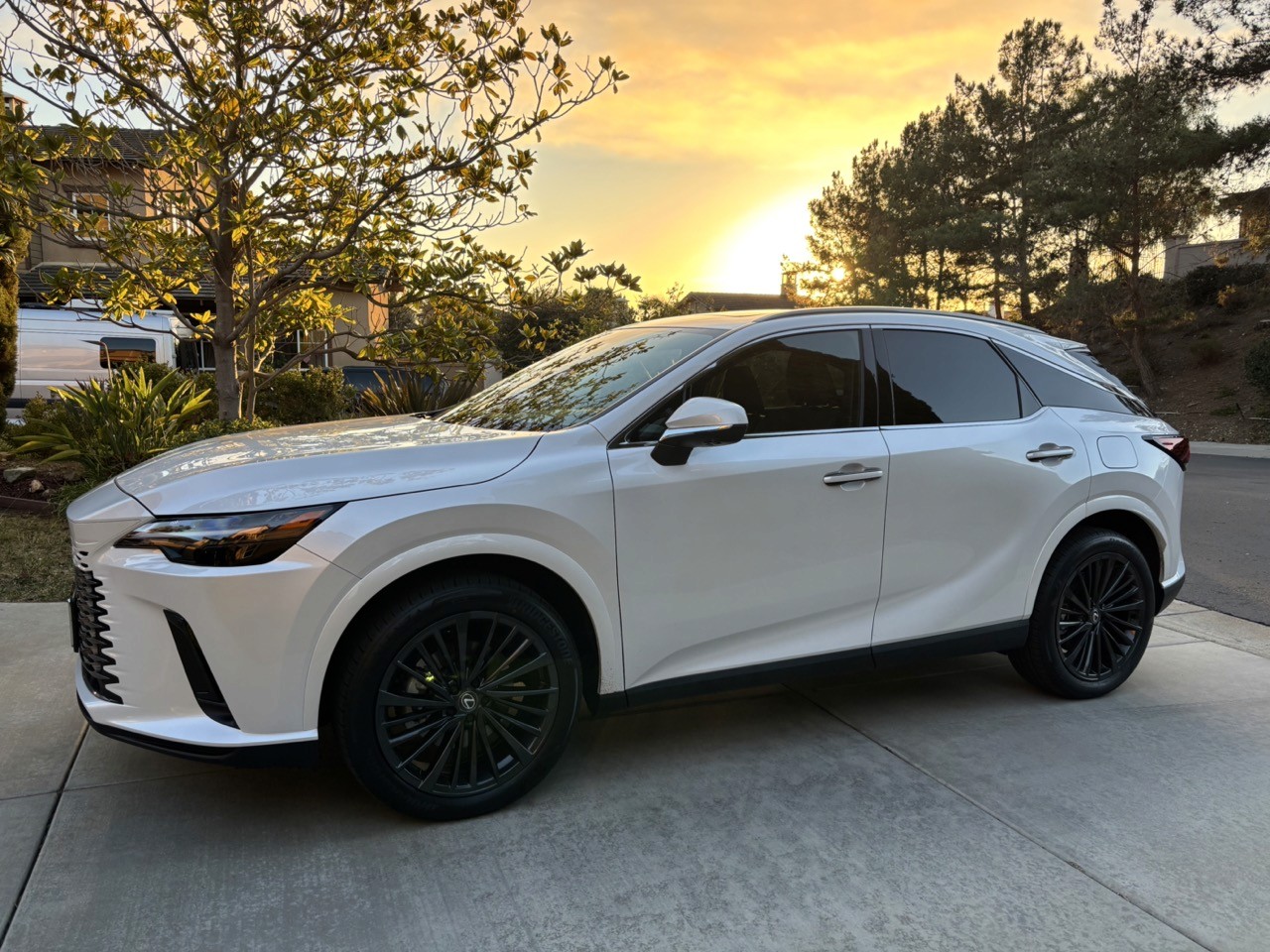Choosing the Right Lender: Dealerships, Banks, or Credit Unions?
Written By
CarOracle Experts
Published
May 28, 2023
Compare auto loan options from dealerships, banks, and credit unions. Find the right lender for you with our expert guide. Choose wisely for your next car purchase.
At a Glance
Dealership financing offers convenience, promotional offers, and the potential for easier approval.
Banks offer competitive rates, a variety of loan products, and the comfort of familiarity.
Credit Unions may provide lower rates (excluding OEM promotions), personalized service, and membership benefits.
Introduction
Buying a car can be exciting, but understanding the best way to finance your purchase can be daunting. One of the key decisions you'll have to make is whether to secure financing through a dealership, a bank, or a credit union. Each has its advantages and potential drawbacks.
Dealership Financing
Many consumers opt for dealership financing because of its convenience. You choose your car, apply for credit, and drive off in your new vehicle all in one day. Dealerships often have relationships with multiple lenders, which may increase your chances of approval.
Additionally, dealerships, particularly those affiliated with car manufacturers (OEMs), sometimes offer promotional financing rates, especially on new vehicles. These special rates are typically not matched by banks or credit unions, so it’s worth investigating them when you’re considering buying a new vehicle.
However, these rates are usually only available to consumers with excellent credit. Moreover, one potential drawback of dealership financing is that dealerships may mark up interest rates offered by their lending partners. This means you could end up paying a higher interest rate than you would if you secured financing directly through a bank or credit union.
An additional point to note in dealership financing is the concept of "Buy Here Pay Here" (BHPH) dealers. BHPH dealerships are used car dealers that offer in-house financing, often with high interest rates. This type of dealership may be an option if you're struggling to secure financing through other avenues due to poor credit, but be aware of the potential high cost.
Bank Financing
Banks are a common choice for auto financing. They often offer competitive interest rates and a variety of loan options. If you already have a relationship with a bank, you may find comfort in using a lender you're familiar with. Plus, some banks offer discounts to existing customers.
However, approval and loan rates can depend heavily on your credit score. If you have poor or no credit, you might have a tougher time securing a loan from a bank.
Credit Union Financing
Credit unions operate similarly to banks, but they are not-for-profit organizations owned by their members. This means they may provide lower interest rates than banks and dealerships (excluding any special OEM promotions offered through dealerships). If you're a member of a credit union, you may also have access to other benefits like personalized service and financial education resources.
Like banks, credit unions base their loan approvals and rates on creditworthiness. Some credit unions may be willing to work with you if you have less-than-perfect credit, but this varies by institution.
Recommendations
Before embarking on your car buying journey, it's wise to have some understanding of the auto financing landscape. There's a wide array of loan offerings available, and it's in your best interest to leverage this competition to secure the best terms and rates for your situation.
As a potential car buyer, it can be greatly beneficial to arrange some financing in advance. This proactive approach will help you translate potential purchase prices into actual monthly payments, and give you a solid understanding of what you can realistically afford. This pre-approval can also speed up the buying process and give you an edge if you're planning to negotiate the price of the vehicle.
In addition, there are specific limitations to be aware of. For instance, many lending institutions have restrictions on extending loans for vehicles that are over ten model years old or have clocked more than 100,000 miles. Being aware of these constraints before you start looking can save you time and potential disappointment.
Securing the right auto loan can be as important as selecting the right vehicle. By understanding your options and planning ahead, you'll be well on your way to a smooth and successful car buying experience.
Conclusion
Ultimately, the best choice depends on your individual situation. It's a good idea to explore all options and gather quotes from a dealership, bank, and credit union before making a decision. Remember, when comparing offers, look at the total cost of the loan, not just the monthly payment.
Understanding the pros and cons of each type of lender will help you make an informed decision and potentially save you a significant amount of money over the life of your auto loan. Happy car shopping!












